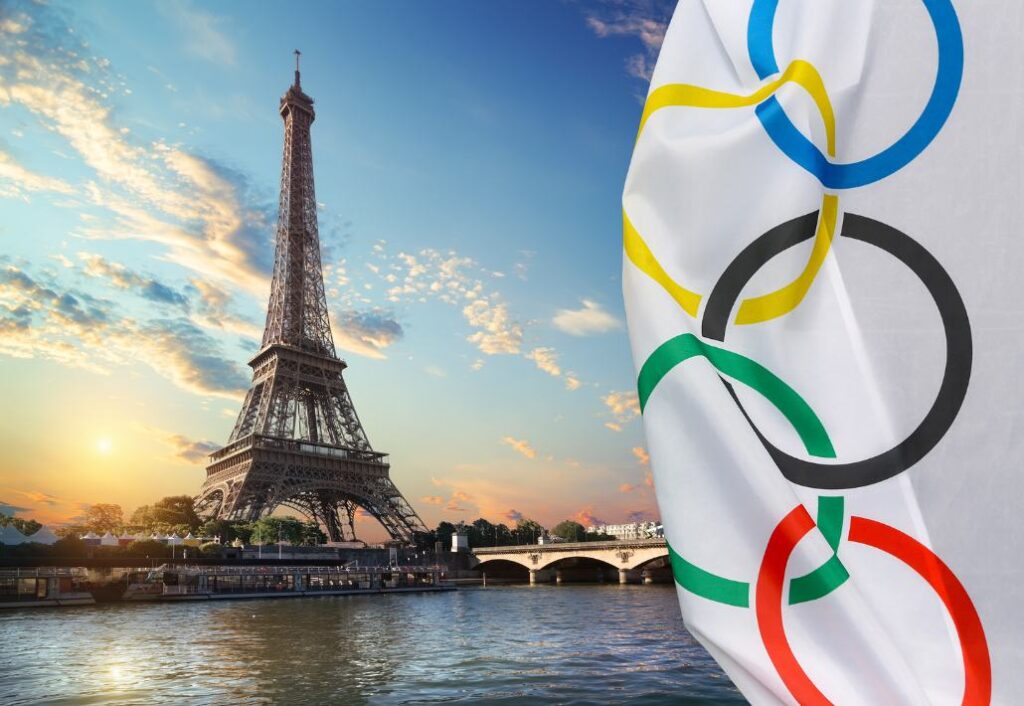
We are just a month away from the start of the Olympics and Paralympics in Paris, during which the city’s population will more than double, with more than 15 million visitors expected over six weeks.
For local businesses like restaurants, hotels, and retailers, the scale of this opportunity is – quite literally – incomparable: a recent study estimated the games could generate up to €11.1 billion in economic benefits. In comparison, the 2023 Rugby World Cup in France contributed just €871 million.
Ironically, the size of this revenue potential raises its own issues. Because there are almost no events of a similar nature, there’s very little historic data to help optimise your pricing strategy.
How do you prepare for a major international event to capture as much of that spend as possible?
The transportation and accommodation sectors are well-versed in adapting their rates according to supply and demand.
Airlines, for instance, have perfected their ability to optimise revenue by offering tailored deals and prices based on the booking window and effective consumer segmentation, while carefully limiting the number of empty seats per flight. Consumers readily accept the notion of buying in advance to obtain a lower rate, and with properly segmented pricing, airlines can ensure they retain as much goodwill as possible from customers who might otherwise be priced out.
However, forecasting and optimising prices for major international events remains a challenge even for the most experienced industries.
Average hotel prices for the Olympic period hit €759 in September 2023, before dropping to €522 in February 2024. This was due in part to greediness that led to spoilage.
Because initial Olympic period rates were significantly overpriced, fewer early buyers than expected were willing to pay. A larger-than-expected number of rooms are now still available with the games fast approaching, so hotels have been forced to lower their prices in response. Still, these prices remain more than 150% higher than the comparable July period last year.
On the other hand, some hotels that opened sales too low have tried to cancel reservations to resell them at a higher price, in clear disregard of their moral obligation to customers.
As long as you avoid the missteps highlighted here, you can still integrate some of these tried-and-true approaches for the 2024 Olympics.
Just like the athletes, your business needs to make the right preparations before it runs the six-week race of its life. In this case, we recommend a five-step pricing strategy fitness programme:
Make sure you’re ready for a potential influx of new clientele. Ensure you are capable of quickly and carefully adapting, should it be necessary to increase your stock quantities or hire more staff. Don’t forget to account for any potential delays or other issues with production or deliveries.
Translate your offering in preparation for new nationalities and consider how you could tweak them for international tastes. If you’re concerned about product availability you might think about condensing your selection, but be mindful of risking the client experience.
The more efficiently you can service customers, the happier they will be. An increasing number of Parisian restaurants have adopted QR codes to allow patrons to view menus on their phones and speed up payment via technology such as the Sunday app.
Not only does this allow you the flexibility to quickly change menu items and prices, but these types of apps often offer a tip option to cater to tourists who are used to the custom.
Across-the-board price increases are appealing but rarely the best option. Foreign customers don’t always behave in the same way as local consumers, which can lead to excess inventory of certain products.
It’s important to monitor the results, remain agile with your pricing and make educated adjustments as required, especially to balance price versus stock availability.
Communicate any changes to your repeat customers well in advance of implementing them. The more transparent your business is, the better for its brand image and the less local customers are likely to be annoyed.
While it hasn’t always been the case for previous Paris events, the price you charge should always correlate to the quality of your product. A three-star hotel that normally costs €150 per night is not suddenly worth the price of a luxury hotel at €1,500 per night just because the Olympics are taking place.
Similarly, events of this type should not give businesses free rein to exploit tourists. The Ministry of Tourism is not limiting price increases, but it is auditing restaurants and hotels to check that their pricing is at least within reason.
Maintaining a fair price is an essential way to mitigate loss aversion for your customers. Even one-time visitors pose long-term risks to your brand perception if they have an unpleasant experience and leave a negative online review.
Carefully compare the benefits of a short-term price increase with the risk of weakened customer brand loyalty. At the very least, explore opportunities to segment your pricing accordingly.
The Paris Olympics are a once-in-a-lifetime opportunity for businesses to increase revenue and profits. With the right plan, your business can capture both the joy of the games and the spend that comes with them.
To learn how you can make the most of the event, contact our expert consultant, Denis Mantelet.